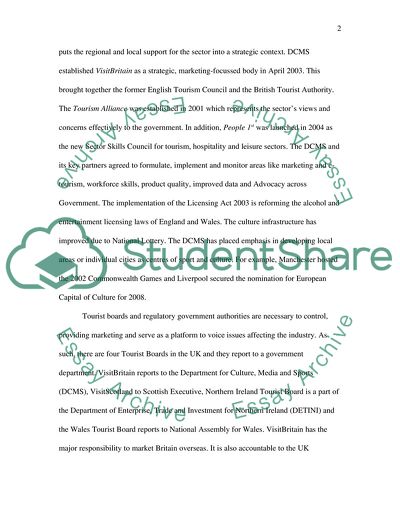Cite this document
(International Tourism Policy and Practice Essay, n.d.)
International Tourism Policy and Practice Essay. Retrieved from https://studentshare.org/tourism/1719505-internation-tourism-policy-and-parctice
International Tourism Policy and Practice Essay. Retrieved from https://studentshare.org/tourism/1719505-internation-tourism-policy-and-parctice
(International Tourism Policy and Practice Essay)
International Tourism Policy and Practice Essay. https://studentshare.org/tourism/1719505-internation-tourism-policy-and-parctice.
International Tourism Policy and Practice Essay. https://studentshare.org/tourism/1719505-internation-tourism-policy-and-parctice.
“International Tourism Policy and Practice Essay”, n.d. https://studentshare.org/tourism/1719505-internation-tourism-policy-and-parctice.


